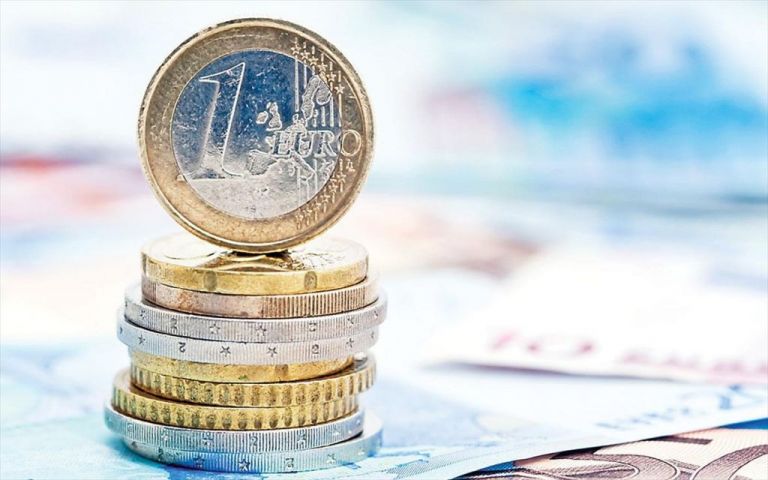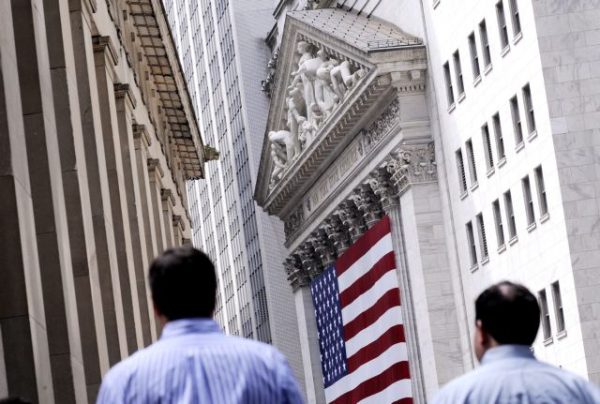
The Economist Intelligence Unit (EIU) maintained its forecast for the growth of the Greek economy unchanged at 4% in 2022, although it revised the corresponding estimates for the global and European economy downwards, in the shadow of the war in Ukraine and the galloping inflation in food and energy prices.
Referring to the “Greek exception”, during her speech at the 26th Annual Economist Roundtable, the EIU’s director for Europe, Joan Hoey, forecast 4% growth for the Greek economy this year, following growth around 8% last year. She opined that despite the blows the Greek economy and consumers will receive, growth will be supported by a possibly brilliant year for Greek tourism.
Besides tourism, Greece has access to EU recovery funds that will support the economy this year and in the years to come. Ms. Hoey believes Greek authorities have done very well in implementing this program, much more so than other countries.
Forecast for 2.2% growth in the Eurozone
Referring to the forecast for Europe and the eurozone, during a discussion with Economist diplomatic editor Daniel Franklin, Ms Hoey pointed out that the region as a whole would be hit comparatively harder, taking a hit of almost 3%, with growth hovering at 2.2%, while before the war started the Economist had forecast 4%. She also noted that even if growth slows “to nothing” for the rest of the year, there will still be signs of recovery and “actually, historically speaking, 2.2% growth in the eurozone doesn’t sound that bad.”
Regarding the global economy, Ms. Hoey pointed out that based on the EIU estimates about 1 trillion. dollars will be lost this year from global growth, with its pace shaping up to 2.8% in 2022, against a forecast of 3.9% before the war.
In addition to the enormous geopolitical effects of the war in Ukraine, its economic impact is quite large, especially for Europe, noted Ms. Hoey with negative consequences evident in three areas: costly sanctions, supply chain disruptions, and runaway inflation, affecting households and businesses.
The outlook of the Russian economy
In the meantime, as concerns the Russian economy, Ms. Hoey emphasized that it may appear quite resilient for the time being, mainly due to the very large sums that Russia still receives from the sale of hydrocarbons and especially gas, resulting in a strong rebound for the ruble, but in the medium to long term the effects will be very negative, and Russia will be effectively disconnected from the Western economy, and over time affecting Russian industry.
For his part, Alasdair Ross from the Economist – The World Ahead stressed that although there is a feeling that the pandemic saga is almost over, but it is not unlikely that Covid-19 will be “with us again” in the winter, again affecting the global economy. “I don’t think it’s over yet,” he said.
Latest News

German Ambassador to Greece Talks Ukraine, Rise of Far Right & Tariffs at Delphi Economic Forum X
Commenting on the political developments in his country, the German Ambassador stressed that it was clear the rapid formation of a new government was imperative, as the expectations across Europe showed.

Athens to Return Confiscated License Plates Ahead of Easter Holiday
Cases involving court orders will also be excluded from this measure.

Servicers: How More Properties Could Enter the Greek Market
Buying or renting a home is out of reach for many in Greece. Servicers propose faster processes and incentives to boost property supply and ease the housing crisis.

Greek Easter 2025: Price Hikes on Lamb, Eggs & Sweets
According to the Greek Consumers’ Institute, hosting an Easter dinner for eight now costs approximately €361.95 — an increase of €11 compared to 2024.

FM Gerapetritis Calls for Unified EU Response to Global Crises at EU Council
"Europe is navigating through unprecedented crises — wars, humanitarian disasters, climate emergencies," he stated.

Holy Week Store Hours in Greece
Retail stores across Greece are now operating on extended holiday hours for Holy Week, following their Sunday opening on April 13. The move aims to accommodate consumers ahead of Easter, but merchants remain cautious amid sluggish market activity.

Green Getaway Ideas for Easter 2025 in Greece
Celebrate Easter 2025 in Greece the sustainable way with eco-farms, car-free islands, and family-friendly getaways rooted in nature and tradition.

Civil Protection Minister Details Summer Firefighting Plans at Delphi Forum
At the 10th Delphi Economic Forum, Minister of Climate Crisis and Civil Protection Yiannis Kefalogiannis discussed Greece's plans for the upcoming fire season.

How Shops and Markets Will Operate During Easter Holy Week
The Easter holiday schedule has been in effect since April 10, with retail stores open Palm Sunday, and most supermarkets also operating to meet consumer demand for Easter shopping

Why Is the French Aircraft Carrier Charles De Gaulle in Piraeus?
Docking in Piraeus after a four-month deployment in the Indo-Pacific region, the admiral of the aircraft carrier the Charles de Gaulle says, "Greece is our best partner in the Mediterranean."








































 Αριθμός Πιστοποίησης
Αριθμός Πιστοποίησης